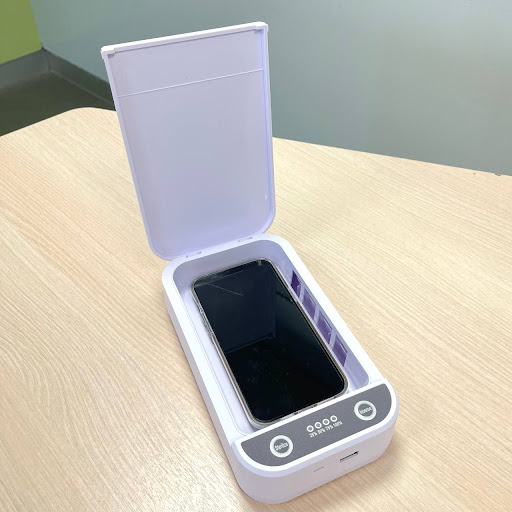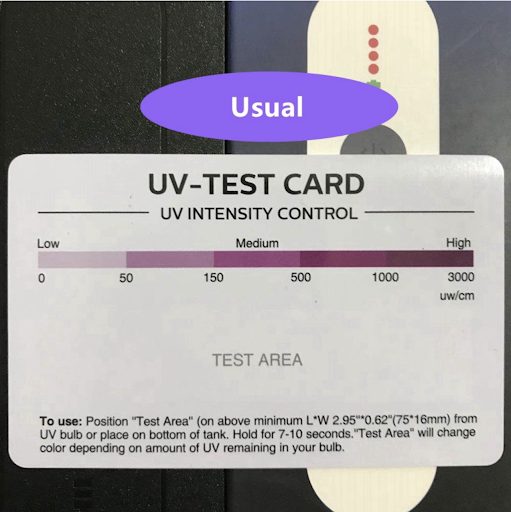
A quick search on Lazada shows 165 listings of UV phone sanitisers. One Shopee seller has even sold 309 units of the product.
Typically priced between $25 to $50, these portable gadgets are said to kill 99.99 per cent of bacteria including E.coli and Streptococcus. But can they kill Covid-19?
The UrbanWire interviewed Dr Vijay Kumar Sharma, a senior scientist at Nanyang Technological University (NTU) whose research interests lie in Deep Ultraviolet (DUV) light sources for disinfection applications.
Here’s what he has to say about UV phone sanitisers’ efficacy in killing traces of Covid-19 on mobile phones.
Q: Do you think disinfecting one’s mobile phone can reduce his chances of getting Covid-19? Why so?
A: Yes, because Covid-19 is mainly transmitted in two ways; people-to-people and fomite transmission (touching surfaces contaminated by the virus). By disinfecting one’s mobile phone we are minimising fomite transmission.
Q: How efficient do you think UV phone sanitizers are in killing the coronavirus, if present on the mobile phone?
A: They are quite efficient. The only thing one should be very careful about is the emission wavelength of UV phone sanitizers. Although the whole 250-280 nm wavelength range (UVC) is effective, 265 nm is the most effective wavelength for disinfection.
Q: How effective is a UV phone sanitizer compared to other sanitisation methods (alcohol spray etc.)?
A: UV disinfection is very efficient. Also, it is chemical-free, it cannot overdose, it is environmentally friendly and does not create by-products.
Q: Please describe the process of how UV light kills the coronavirus.
A: Photon radiation in the wavelength (250-280 nm) is well known to kill all viruses, bacteria, and other microbes by disrupting the molecular bonds that hold their genetic code (DNA/RNA) together.
Thereby, such UV exposed microbes completely lose their reproductivity and are fully destroyed.
Q: What other viruses can UV phone sanitisers kill, other than coronavirus?
A: They can technically kill all viruses, bacteria, and other microbes.
Q: What are some risks of using UV phone sanitisers, if any?
A: If not used properly, UV rays are harmful to the skin and eyes.
Q: How can one source for a safe and efficient UV phone sanitiser?
A: Only buy from reputable companies like Philips which provide detailed information about the product and have all safety labels in place. Their sanitisers may be costly but they do the job well.
Dr Sharma said while it is easy to determine a UV sanitiser’s genuinity in a lab, it’s quite difficult to tell the difference between a real UV light and a fake purple-coloured light with the naked eye.
He suggests using a dosimeter card to tell the difference.

Dosimeter cards can be purchased from e-commerce sites like Shopee for as low as $1.
Users will have to shine the light of the UV sanitizer on the test area of the card.
If the sanitiser is genuine, the test area of the card will change colour after certain light exposure levels. If the colour remains unchanged, the sanitiser is most likely a fake.
The National Environment Agency (NEA) advised members of the public against buying UVC steriliser products that have no safety features. Some of these features include motion sensors and on-off switches that protect users against any unintended exposure to UVC radiation.
“In this Covid-19 era, with rising consumer awareness and government initiatives to promote better hygiene practices, UV phone sanitizers are here to stay for a long time,” said Dr Sharma.
Proofread By: Ruth Loo Hui En
